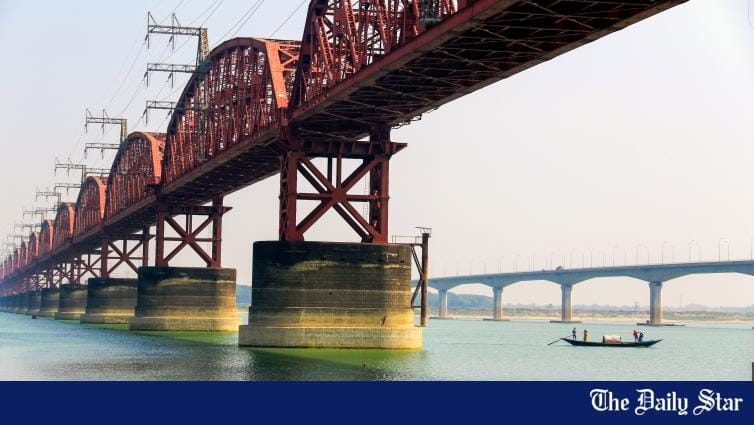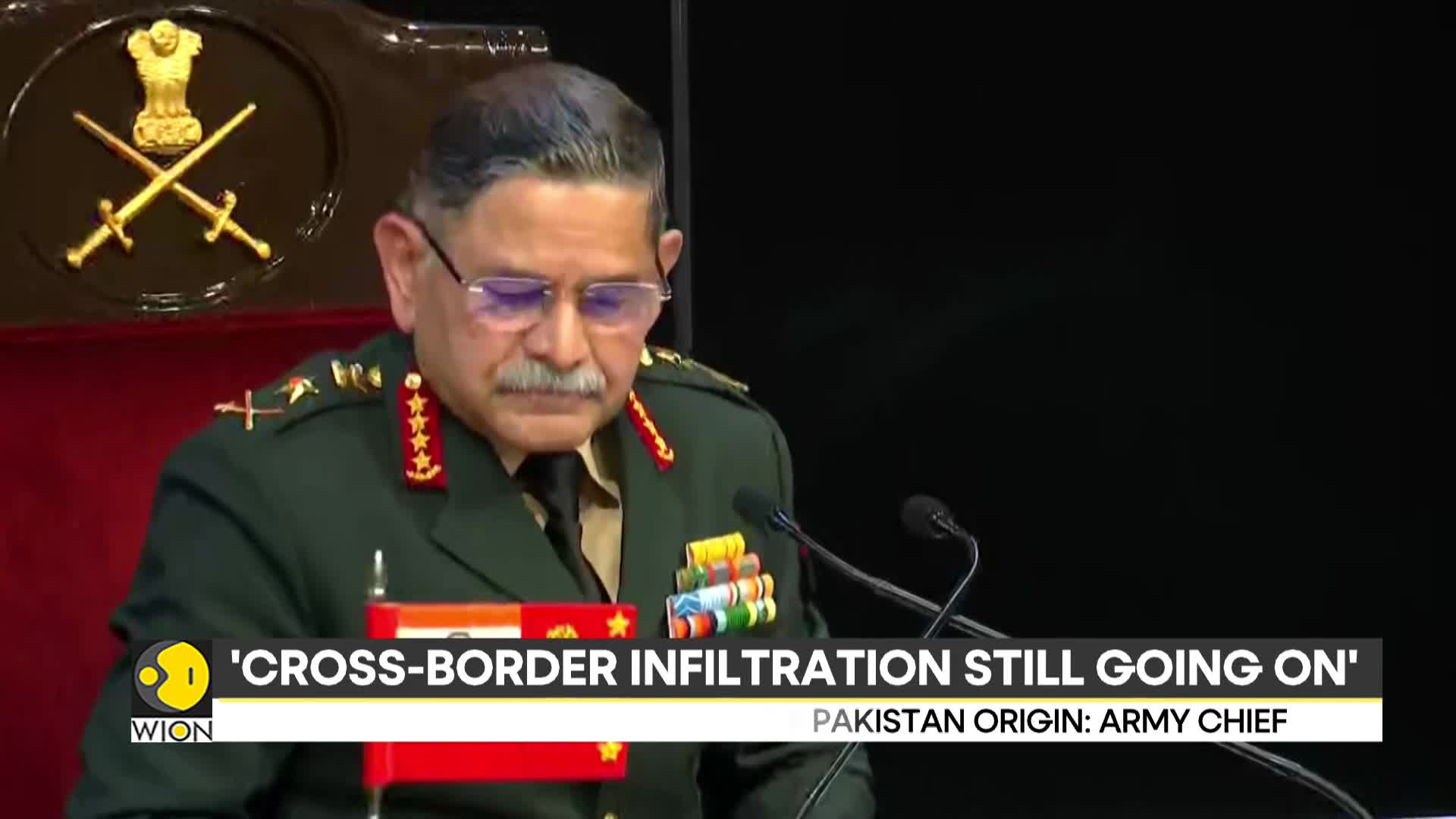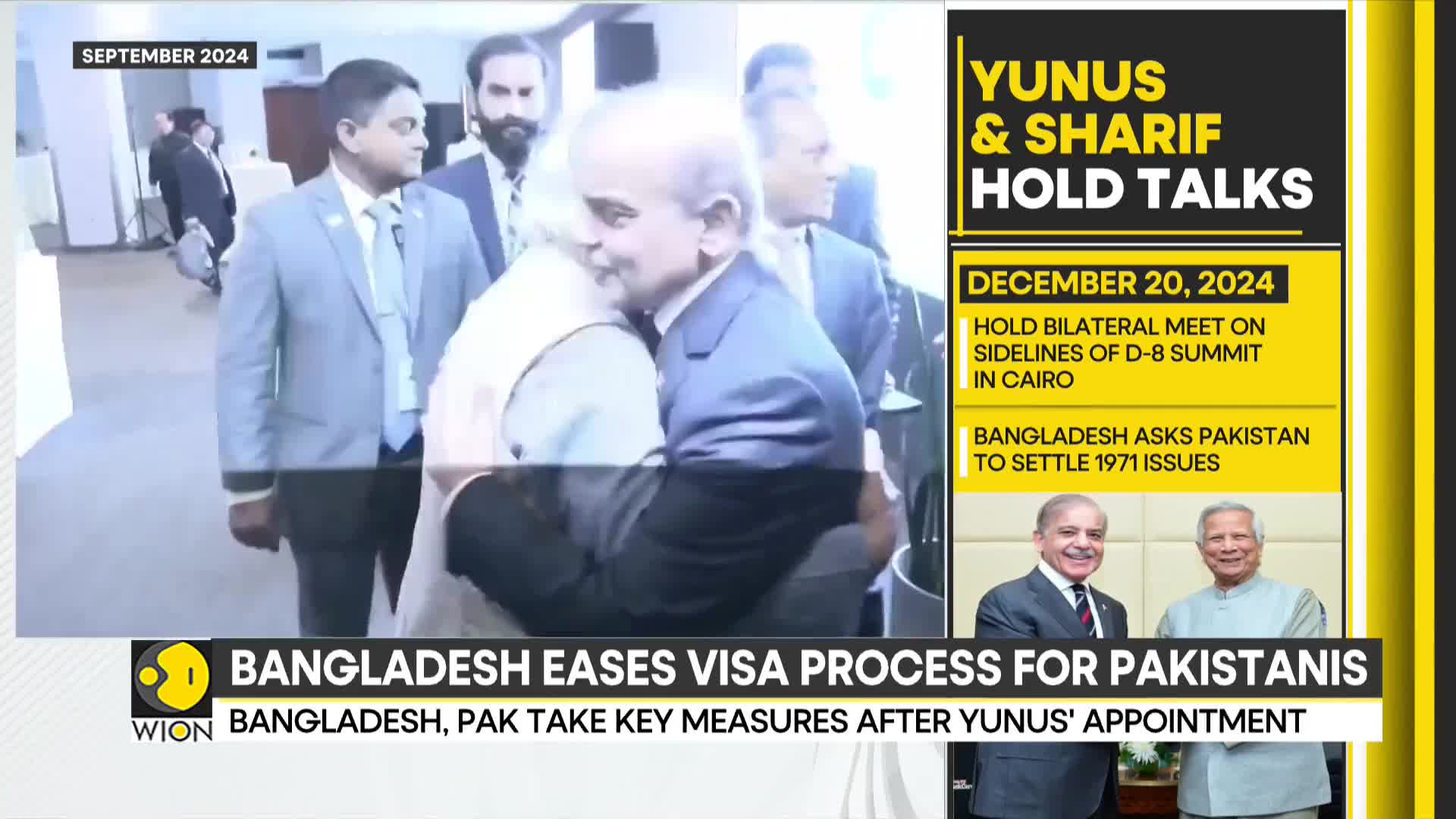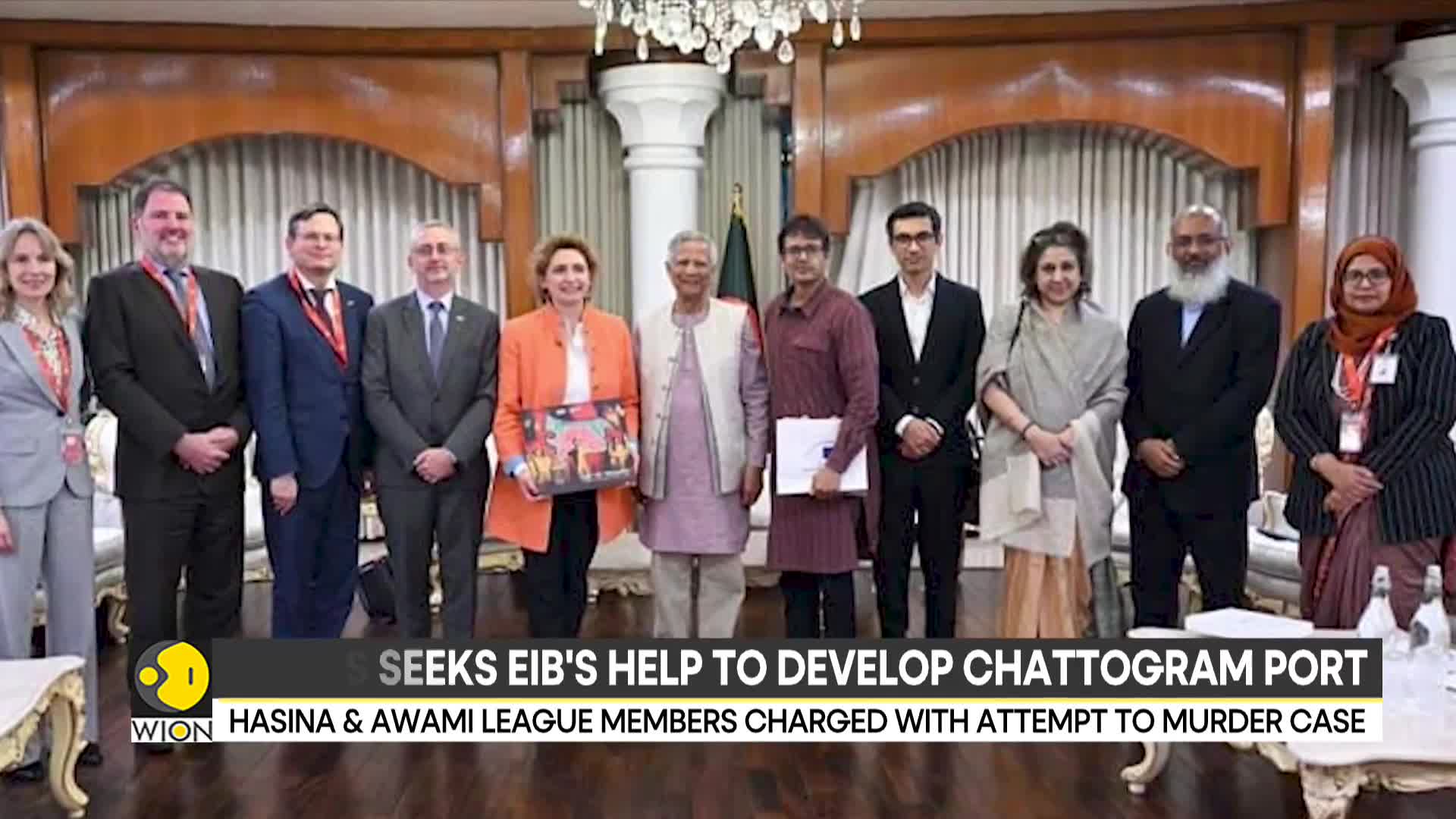- Copy to clipboard
- Thread starter
- #121
Saif
Senior Member
- Joined
- Jan 24, 2024
- Messages
- 15,397
- Reaction score
- 7,869
- Nation

- Residence

- Axis Group


Padma, Ganges: Combined water measurement begins
Bangladesh and India are set to start measuring the water level in the Padma and Ganges rivers today as per the Ganges Water Sharing Treaty 1996.
Padma, Ganges: Combined water measurement begins

Photo: Sheikh Mehedi Morshed
Bangladesh and India are set to start measuring the water level in the Padma and Ganges rivers today as per the Ganges Water Sharing Treaty 1996.
A two-member Indian team comprising of India's Central Water Commission Executive Engineer Muttath Leo Franklin and Assistant Director Ritesh Kumar will begin measurement of the water in the 3,500 feet upstream of Hardinge Bridge point of the Padma.
A two-member team of Bangladesh led by Pabna Hydrology Executive Engineer Md Rezaul Karim will start the water measurement at the Farakka point in India.
Md Jahedul Islam, acting executive engineer of the regional hydrology department in Pabna, said, "Starting from tomorrow [today], both teams will continue monitoring of the water level until May 31."
"We have already given letters to the Pabna superintendent of police office and the Kushtia superintendent of police office for taking necessary security measures ahead of the joint monitoring work," he said.
Photo: Sheikh Mehedi Morshed
Bangladesh and India are set to start measuring the water level in the Padma and Ganges rivers today as per the Ganges Water Sharing Treaty 1996.
A two-member Indian team comprising of India's Central Water Commission Executive Engineer Muttath Leo Franklin and Assistant Director Ritesh Kumar will begin measurement of the water in the 3,500 feet upstream of Hardinge Bridge point of the Padma.
A two-member team of Bangladesh led by Pabna Hydrology Executive Engineer Md Rezaul Karim will start the water measurement at the Farakka point in India.
Md Jahedul Islam, acting executive engineer of the regional hydrology department in Pabna, said, "Starting from tomorrow [today], both teams will continue monitoring of the water level until May 31."
"We have already given letters to the Pabna superintendent of police office and the Kushtia superintendent of police office for taking necessary security measures ahead of the joint monitoring work," he said.








 WION'Bangladesh strategically important to India': Indian Army chief
WION'Bangladesh strategically important to India': Indian Army chief


